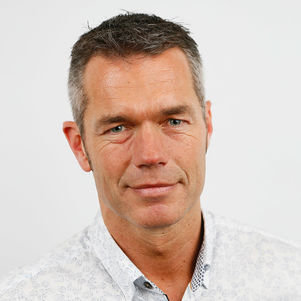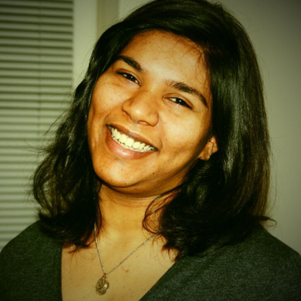The young and expanding field of Network Science can help to manage an epidemic during several phases (start of outbreak, peak, exit strategies). Network Science studies dynamic processes on graphs and considers the duality of process and graph as its fundamental cornerstone. When viewed like this, an epidemic is a viral transmission process within a human contact network.
The way the corona crisis is managed in most countries shows a major shortcoming. In focusing on the viral dynamics, the traditional field of epidemiology implicitly assumes a homogeneous population without specific graph structure, thereby ignoring the human contact graph. However, without solving the dual viral process-graph problem, we are sailing blindly.
Information on human contact networks can be obtained via digital technology like mobile apps. As we have recently demonstrated, mobile apps can detect all infected individuals if a majority of people uses such an app. Thus far, such technology doesn’t form part of traditional epidemiology, and seems to suffer mistrust both within the research field and the general population. However, to manage an epidemic as long as effective vaccines are still lacking, we need more insight in both viral processes and contact networks.
Contact Network for Human Mobility Processes
In various on-campus monitoring projects, we use different technologies to measure human behaviour from various perspectives, at individual level (mobile apps) or at the level of groups of people (sensor, WIFI hotspot and base-stations). Based on data from these projects. we infer human contact networks. Combining data from different aggregation levels in order to model the entire contact network has not been done before.
Another important aspect is the variance over time in contact networks. There are currently no effective models of human mobility processes and their corresponding time-varying contact networks. The dual viral process-graph problem, i.e. computations of viral spread over time-varying, realistic contact networks, is an open challenge we will be addressing.



